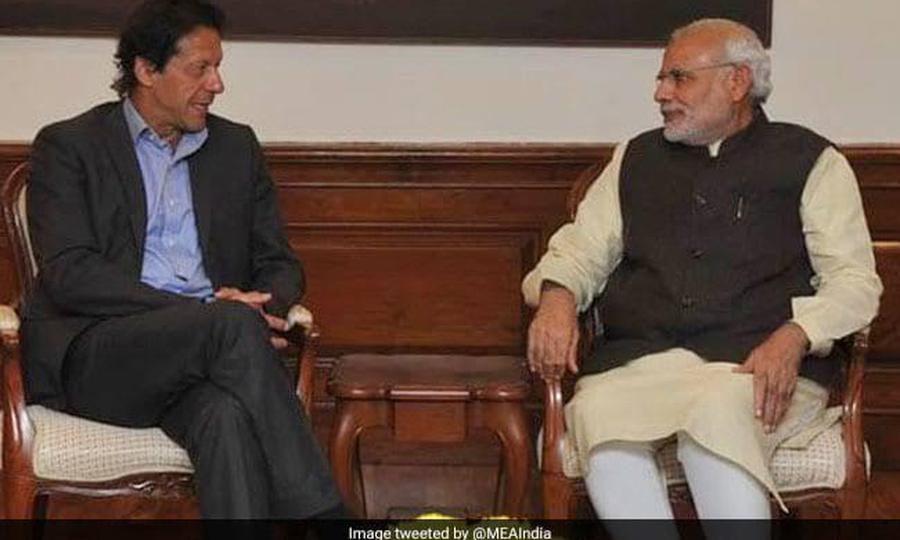
China Briefing (10 April 2019)
China and Italy have updated their bilateral double tax agreement (DTA) to encourage investment and provide greater fiscal certainty as the two countries grow closer economically.
On March 23, 2019, China and Italy announced they signed a new DTA, which partially revises the previous 1986 China-Italy Double Tax Agreement.
While the previous DTA broke down many of the barriers that obstructed cross-border trade, investment, and knowledge exchange between the two countries, this revised agreement is poised to give Chinese and Italian investors even more favorable terms when doing business with each other.
China-Italy DTA: The key changes introduced
The most notable changes in the agreement are in the areas of taxation of dividend, interest, and royalty payments, as well as capital gains. Italian investors in China should take note of the changes to plan and optimize their new tax liabilities accordingly.
The new DTA states that beneficial owners who own at least 25 percent of the share capital of a given entity will be eligible for a lower five percent tax rate, as opposed to the standard 10 percent rate that applies under domestic Chinese law.
Investors will also be subject to a reduced eight percent tax rate – down from 10 percent – on interest for loans taken out for investment projects. Additionally, investors will be able to benefit from tax exemptions for interest payments relating to securities issued by specified Italian financial institutions.
Moreover, tax on royalties relating to the right or the right to use industrial, commercial, and scientific equipment will be subject to a reduced five percent rate, compared to seven percent previously. Notably, this gives Italy preferential treatment over other European countries that have entered into double tax agreements with China, who are generally subject to a tax rate of at least six percent on royalties.
Regarding capital gains, the revised DTA provides that only capital gains held with a level of participation of at least 25 percent at any time over the 12 months prior to sale will be subject to taxation. Further, all capital gains not expressly regulated shall be taxable only in the country where the seller is a tax resident.
The following table is a summary of the key changes and intended effects of the DTA.
Deepening bilateral ties
The tax breaks and incentives introduced in the updated China-Italy DTA are designed to encourage more cross-border trade and investment between the two countries while making doing business easier.
During Chinese President Xi Jinping’s visit to Italy in late March, Italy controversially became the first European country to endorse China’s Belt and Road Initiative (BRI), signing a Memorandum of Understanding to support the global infrastructure project. The two sides subsequently also agreed to US$2.8 billion worth of deals during the visit.
Paul Dwyer, Head of Dezan Shira & Associates’ International Tax and Transfer Pricing Practice, commented, “In light of Italy’s active participation in China’s BRI, and an otherwise unpredictable EU-China climate, the new agreement aims to further promote and develop the bilateral cooperation between these nations.”
The new agreement, therefore, comes against a backdrop of deepening economic ties between China and Italy. As the two economies become more intertwined, the revised text is intended to bolster cross-border investment and increase tax certainty between the two nations.
No comments yet.
-
 THE PAKISTAN FACTOR IN INDIA’S ELECTIONS
Asia - Pacific
12.04.2019
THE PAKISTAN FACTOR IN INDIA’S ELECTIONS
Asia - Pacific
12.04.2019
- RUSSIAN DELEGATION ARRIVES IN BAKU The Caucasus and Turkish-Armenian Relations 12.04.2019
- BULGARIA THE VENUE FOR THE NEXT STAGE OF THE TURKSTREAM NATURAL GAS PIPELINE The Balkans 12.04.2019
- ARMENIAN PRESIDENT VISITS JORDAN The Caucasus and Turkish-Armenian Relations 12.04.2019
- GERMANY BACKS UN CALL FOR TRUCE IN LIBYA Europe - EU 12.04.2019
-
25.01.2016
THE ARMENIAN QUESTION - BASIC KNOWLEDGE AND DOCUMENTATION -
12.06.2024
THE TRUTH WILL OUT -
27.03.2023
RADİKAL ERMENİ UNSURLARCA GERÇEKLEŞTİRİLEN MEZALİMLER VE VANDALİZM -
17.03.2023
PATRIOTISM PERVERTED -
23.02.2023
MEN ARE LIKE THAT -
03.02.2023
BAKÜ-TİFLİS-CEYHAN BORU HATTININ YAŞANAN TARİHİ -
16.12.2022
INTERNATIONAL SCHOLARS ON THE EVENTS OF 1915 -
07.12.2022
FAKE PHOTOS AND THE ARMENIAN PROPAGANDA -
07.12.2022
ERMENİ PROPAGANDASI VE SAHTE RESİMLER -
01.01.2022
A Letter From Japan - Strategically Mum: The Silence of the Armenians -
01.01.2022
Japonya'dan Bir Mektup - Stratejik Suskunluk: Ermenilerin Sessizliği -
03.06.2020
Anastas Mikoyan: Confessions of an Armenian Bolshevik -
08.04.2020
Sovyet Sonrası Ukrayna’da Devlet, Toplum ve Siyaset - Değişen Dinamikler, Dönüşen Kimlikler -
12.06.2018
Ermeni Sorunuyla İlgili İngiliz Belgeleri (1912-1923) - British Documents on Armenian Question (1912-1923) -
02.12.2016
Turkish-Russian Academics: A Historical Study on the Caucasus -
01.07.2016
Gürcistan'daki Müslüman Topluluklar: Azınlık Hakları, Kimlik, Siyaset -
10.03.2016
Armenian Diaspora: Diaspora, State and the Imagination of the Republic of Armenia -
24.01.2016
ERMENİ SORUNU - TEMEL BİLGİ VE BELGELER (2. BASKI)
-
AVİM Conference Hall 24.01.2023
CONFERENCE TITLED “HUNGARY’S PERSPECTIVES ON THE TURKIC WORLD"









